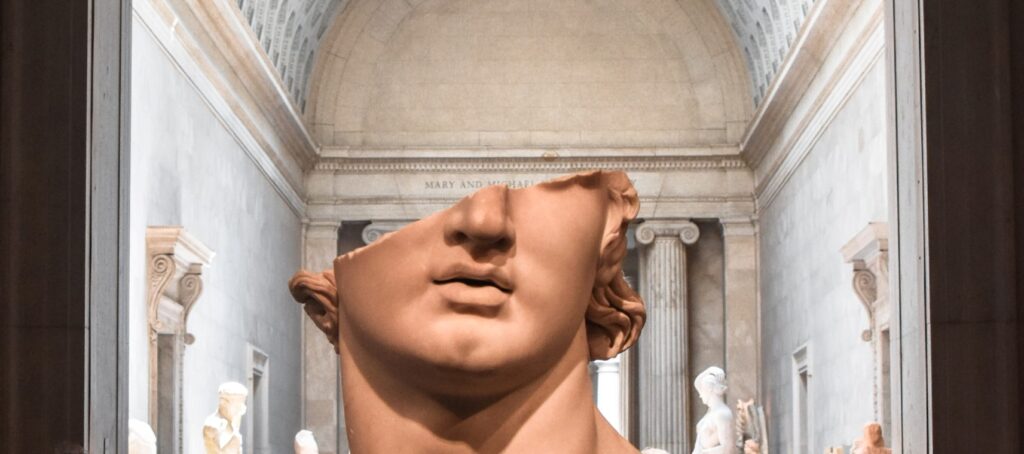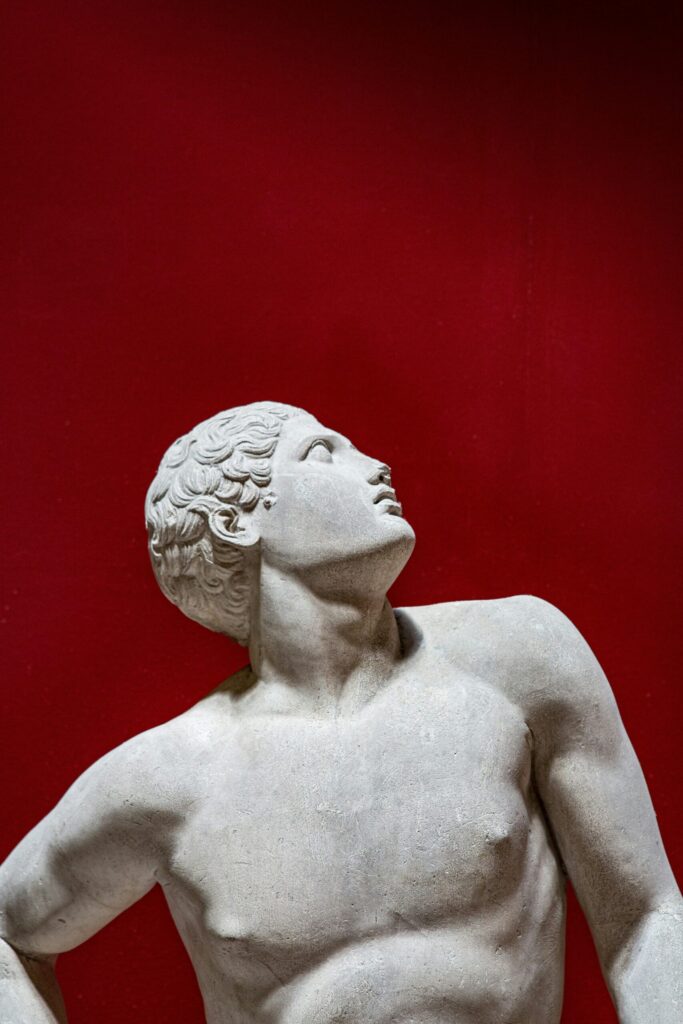The idea of professional character being based on our personal virtues is a very old-fashioned idea – as old as the ancient Greeks. And like all old-fashioned ideas, the virtuous character today can be mildly embarrassing.
It conjures the idea of life experiences that are character-building, which means anything from unpleasant to near-fatal: What the ruling classes used to send their male progeny to public schools for, all cold showers and cross-country runs. Hardly a resource for virtuous policy-making in the 21st century.
But character was the main resource for the practice of public ethics for some two millennia. The classical Greek philosophers, principally Plato and his pupil Aristotle, developed the four cardinal virtues for being someone (or something) that contributes to the common good: Fortitude (which we might today call the courage of one’s convictions), Prudence (wisdom and discernment – what Aristotle called “the nurse of the virtues”), Justice (fairness) and Temperance (self-control).
So, a question for thinks tanks: Can we develop useful original thought without character? Some post-modern philosophy thinks not. Scottish philosopher Alasdair MacIntyre published his seminal book After Virtue in 1981 (it’s gone to three editions since), in which he contends that we all have “internal goods” (values, virtues, principles) and external goods (ideas of status and reward) that we negotiate in the world of work.
From this process, we develop our practices (very close to what Adam Davidson defines as our passions in his excellent recent book The Passion Economy). These practices make for virtuous organisations – and mean that we all contribute to the common good, which must be an aspiration for those who frame public policy.
It’s the difference between asking the question “What should I do?” (compliance) and “What should I do?” (virtue).
Our ability to do that is impaired if we don’t have, or don’t know, the component virtues that make for character. For all that it delivered that was so good for our modern societies and economies, the Enlightenment of the 17th-18th centuries must take some of the blame for this. Because it was that revolution in thinking that replaced private virtues (of oneself) with public responsibilities (to the state).
We could do with re-discovering and applying the Virtue Ethics of the ancient Greeks. Because in doing so we can develop models for public ethics that are truly owned personally by those in the world of both our work and that of our clients.
Virtue is both a new and a very old way to change the way the world works. One way of putting it might be that virtue sells – compliance sells you out.





